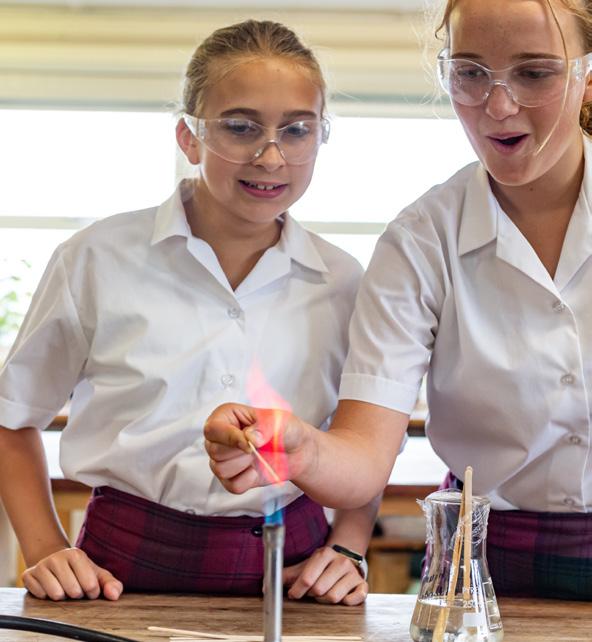
7 minute read
The GCSE Curriculum at DPS
Course Components Option Subjects
Selecting GCSE subjects is an exciting and important stage in each pupil’s educational journey. Whilst we make the decision for the pupils in terms of the compulsory subjects, the DPS option blocks represent the opportunity for our pupils to begin to personalise their study.
There are four option blocks which contain a range of GCSE subjects including:
• art & design
• business
• computer science
• design & technology
• drama
• French
• geography
• history
• Latin
• music
• physical education
• religious studies
• Spanish
These subjects will be arranged into four option blocks in such a way as to satisfy as many student subject selections as possible based on a straw poll of student preferences taken in March.
Making Choices
At Ditcham Park School, pupils and their parents are encouraged to consider individual strengths, weaknesses and interests within the context of trying to achieve a broad and balanced GCSE curriculum.
It must be emphasized to Year 8 pupils and their parents that once a pupil has embarked on a GCSE subject, he or she is expected to complete it. It is therefore very important for each pupil to be following courses which they are both interested in, but more importantly are within his or her capabilities. Please consider this point seriously when making choices, taking account of the advice given by our experienced teaching staff.
The English Baccalaureate was introduced as a way of measuring school performance across a range of academic subjects. It is not a qualification in itself. The measure recognises pupil achievement across a range of academic subjects consisting of English, mathematics, history or geography, the sciences and a language. The subjects included are designed to ensure that all pupils have the opportunity to study a broad range of subjects, which will not limit their future progression and options.
Even though three components of the English Baccalaureate are compulsory at DPS, in finalising option choices it is possible that a pupil can select a range of GCSE subjects which does not fulfil the English Baccalaureate criteria. This is a position we are happy to accommodate in our aim to recognise and value the range and differing needs of our pupils.
Subject numbers are carefully monitored. Although GCSE classes are on average approximately 10-14 per class we do require a minimum of approximately 5 pupils for the class to be viable.
We believe that every pupil should include the study of a modern foreign language as part of their GCSE education, so strongly encourage every pupil at Ditcham Park School to choose either French or Spanish as one of their four choices within the Option blocks. However, the study of a modern foreign language is not compulsory, so pupils and parents are free to make their own decisions in this regard.
Of course, pupils who are passionate about language may study two languages, by choosing both Spanish and French within the option blocks, and may in fact enrich their studies of languages further by pursuing Latin as well.
English Literature Science
Where ever y child is known and valued DITCHAM PARK SCHOOL
Core Subjects
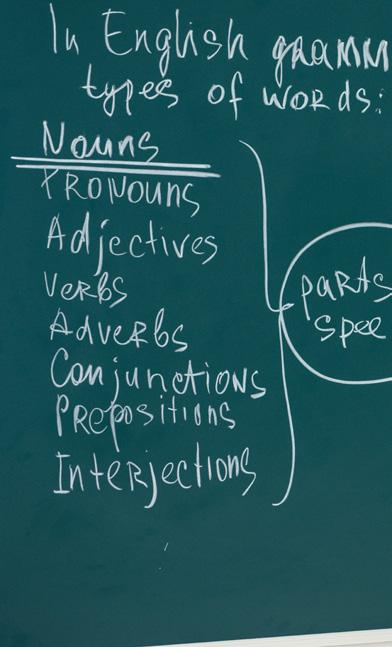
Mathematics
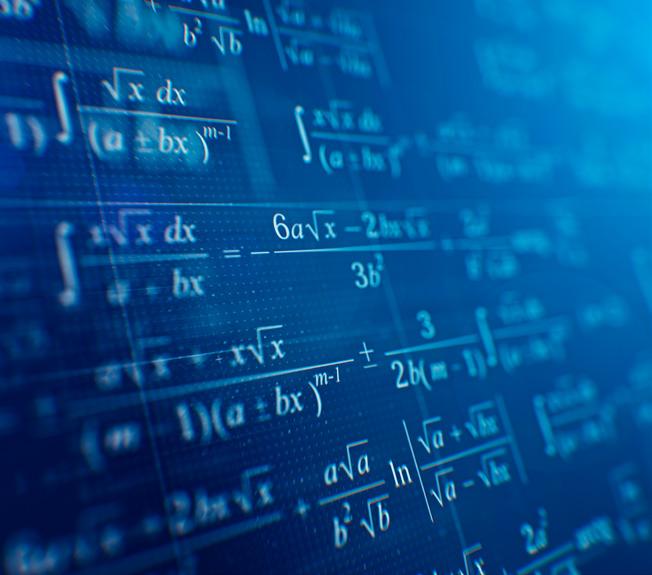
English Language
Where ever y child is known and valued DITCHAM PARK SCHOOL
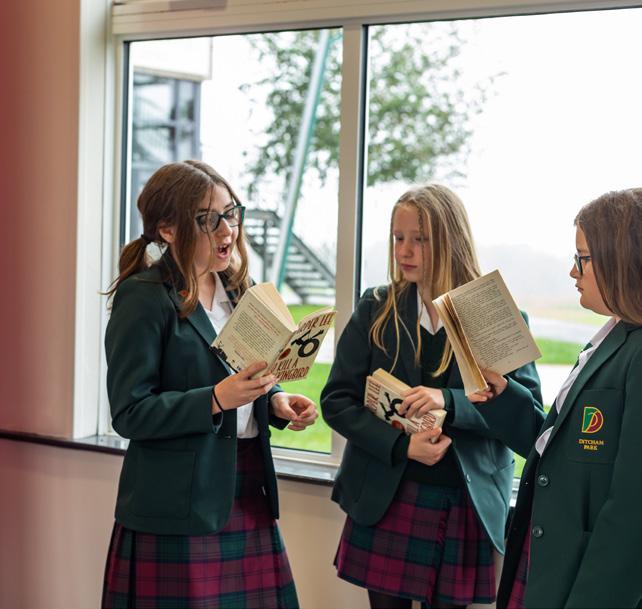
Ms Karren Roberts Head of English karren.roberts@ditchampark.com
Examination
Where ever y child is
Why study English Language?
English Language is the keystone of the curriculum. All subjects require pupils to read with understanding and write with clarity according to purpose.
At GCSE level, marks and grades are allocated for proficiency in these skills.
For entry into sixth form courses, a good level in English (typically a grade 5) determines which doors are open to you. Indeed, this requirement continues with university entries where a good grade at English GCSE is a necessity on most courses.
More broadly, the ability to communicate is a vital life skill, enabling pupils to know more about the world in which they live.
What will I learn?
English Language Course Content
You will learn to read fluently and critically, and to write effectively. You should be able to demonstrate a confident control of standard English and to write grammatically correct sentences, deploy figurative language and analyse texts from a variety of sources.
Examination and Assessment
The course is linear, which means all examinations will be sat at the end of the course.
English Language GCSE will be assessed via two papers which are both 1 hour 45 minutes long. The papers are as follows:
• English Language Paper 1
‘Explorations in Creative Reading and Writing’
• English Language Paper 2
‘Writers’ Viewpoints and Perspectives’
Each paper is worth 50% of the final grade.
A separate grade will be awarded for speaking and listening. It will not be part of the final English language level awarded but will appear on a candidate’s GCSE certificate. This assessment will take place during the three year course and will involve presentation of a speech on a chosen subject.
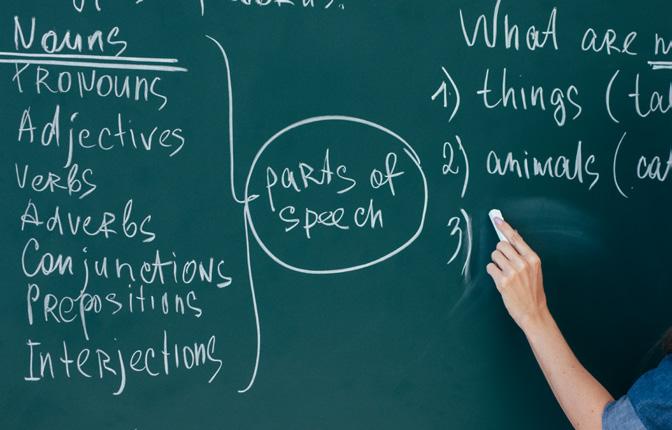
Ms Karren Roberts Head of English karren.roberts@ditchampark.com
Why study English Literature?
English Literature is part of our cultural heritage. It enables pupils to live their own lives whilst experiencing that of others.
Readers are taken on journeys to other places, other times and other situations. They learn about society itself and their own place in the wider picture.
The study of literature provides the basis for a lifelong love of reading and also readily supports the acquisition of increasingly sophisticated ways of thinking and of using language. For this reason, the teaching and learning of English Literature and English Language go hand in hand within the classroom.
The course offers excellent preparation for A-level English Literature, as well as giving pupils a grounding in a wide variety of literature that will stay with them forever.
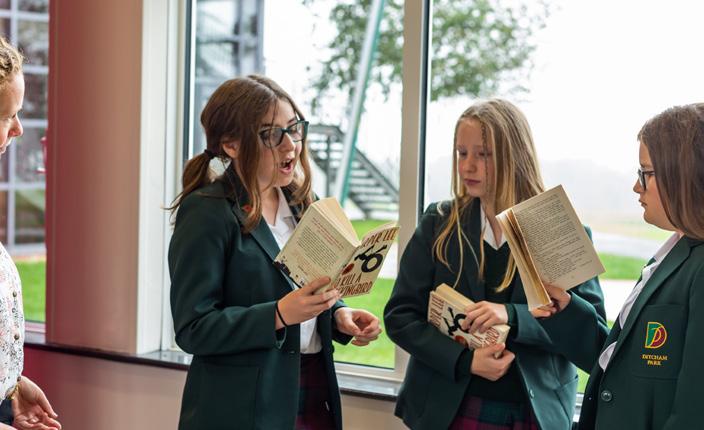
What will I learn? English Literature Course Content
You will read a range of literature and develop your ability to respond with secure understanding, making connections across various texts. You will be given the opportunity to discuss meaning, to explain, analyse and evaluate your findings in a way which includes consideration of a text’s relevance to social and historical context.
Examination and Assessment
The course is linear, which means all examinations will be sat at the end of the course.
It will be assessed via two papers:
• English Literature Paper 1
‘Shakespeare and the 19th Century novel’
• English Literature Paper 2
‘Modern Texts and Poetry’
Paper 1 is worth 40% of the final grade and the time allowed is 1 hour and 45 minutes.
Paper 2 is worth 60% of the final grade and the time allowed is 2 hours 15 minutes.
Mrs S Whittle Head of Mathematics
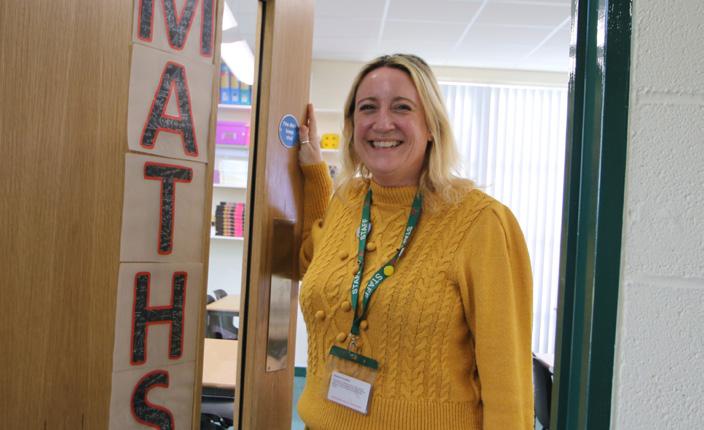
Why study Mathematics?
Mathematics is a highly interconnected discipline which is essential to everyday life. Rational and logical thought has wider application throughout our lives.
Just as languages provide the building blocks and rules we need to communicate, maths uses its own language, made up of numbers, symbols and formulas, to explore the rules we need to measure or identify essential problems including distance, speed, time, space, change, force and quantities.
Studying maths helps us find patterns and structure in our lives. Practically, maths helps us put a price on things, create graphics, build websites, build skyscrapers and generally understand how things work or predict how they might change over time and under different conditions
When studying mathematics, you will become more fluent in methods and be able to apply techniques to a range of problems. You will make rich connections across mathematical ideas to develop fluency, mathematical reasoning and competence in solving increasingly sophisticated problems.
For entry into sixth form courses, a good level in mathematics (grade 5 or above) determines which doors are open to you and indeed, this requirement continues with university entries where a good grade in Mathematics is a necessity on most courses.
What will I learn? –Mathematics Course Content
You are taught from the following key areas (weightings are in brackets)
• Number (15%)
• Algebra (30%)
• Ratio, proportion & rates of change (20%)
• Geometry and measures (20%)
• Probability & Statistics (15%)
Examination and Assessment
The final GCSE examination will consist of three, 1 hour 30 minute exam papers, two of which will be calculator and one non calculator paper.
Each paper carries equal weighting.
Mrs L Hoad Head of Science
laura.hoad@ditchampark.com y child is known and valued M PARK SCHOOL
Examination Board AQA
DITCHAM PARK SCHOOL
Where ever y child is known and valued
Why study Science?
Science has something to offer every pupil, whatever their aspirations. From trainee chef to nuclear physicist, construction apprentice to cancer researcher, everyone needs some level of relevant science understanding. There is no better way to learn about science than through purposeful practical activities and these form a large part of the science lessons at GCSE.
In Year 9 the topics covered are common to whichever science GCSE route you follow. The choice at GCSE is either to follow the three separate sciences: - biology, chemistry and physics or to follow the combined course which is equivalent to two GCSEs and covers the same topic areas as the separate sciences but in less depth. Decision about what pathway is best for pupils will be taken at the end of Year 9. This will be a combination of student option preference and teacher assessment of aptitude for the separate science course.
What will I learn?
Science Course Content
Biology
• Cell biology
• Organisation
• Infection and response
• Bioenergetics
• Homeostasis and response
• Inheritance variation and evolution
• Ecology
Chemistry
• Atomic structure and the periodic table
• Bonding, structure and properties of matter
• Quantitative chemistry
• Chemical changes
• Energy changes
• The rate and extent of chemical change
• Organic chemistry
• Chemical analysis
• Chemistry and the atmosphere
• Using resources
Physics
• Forces
• Energy
• Waves
• Electricity
• Magnetism and electromagnetism
• Particle model of matter
• Atomic structure
• Space physics (separate physics only)
Examination and Assessment
The course is linear, which means all examinations will be sat at the end of the course.
There is no controlled assessment in any of the science GCSEs. Students will be assessed on their practical skills and understanding as well as subject knowledge within the 3 subject areas.
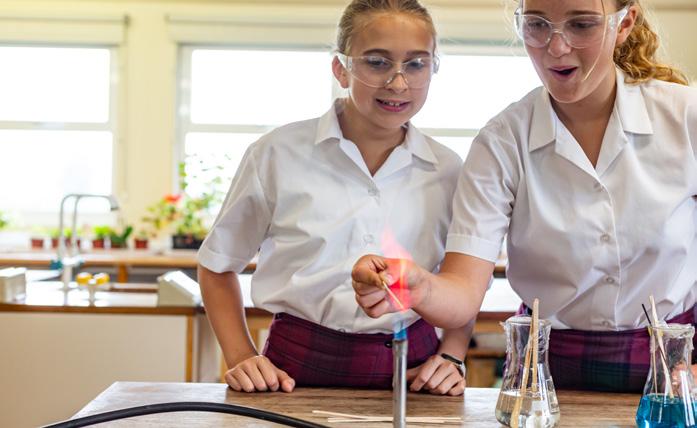
Combined
Six papers (each lasting 1 hour 15 minutes and each equally weighted); two biology, two chemistry and two physics. Each will assess different topics.
Biology/Chemistry/Physics
Two papers for each subject (each lasting 1 hour 45 minutes and each equally weighted).
Art & Design
Spanish
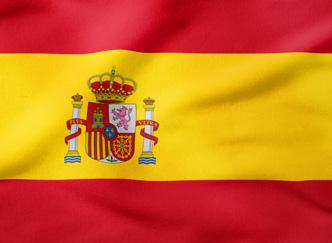
Business
Religious Studies
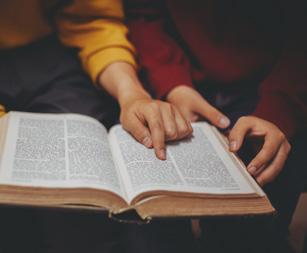
PE
Computer Science

Music
Latin
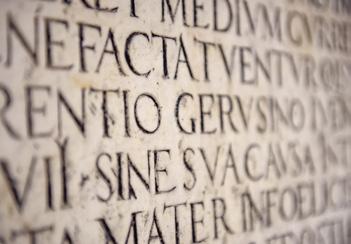
DITCHAM PARK SCHOOL
Where ever y child is known and valued
Option Subjects
French
History
Geography
Design & Technology

DITCHAM PARK SCHOOL

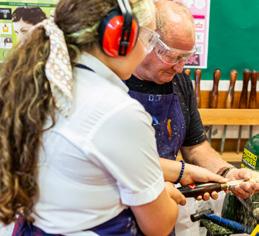

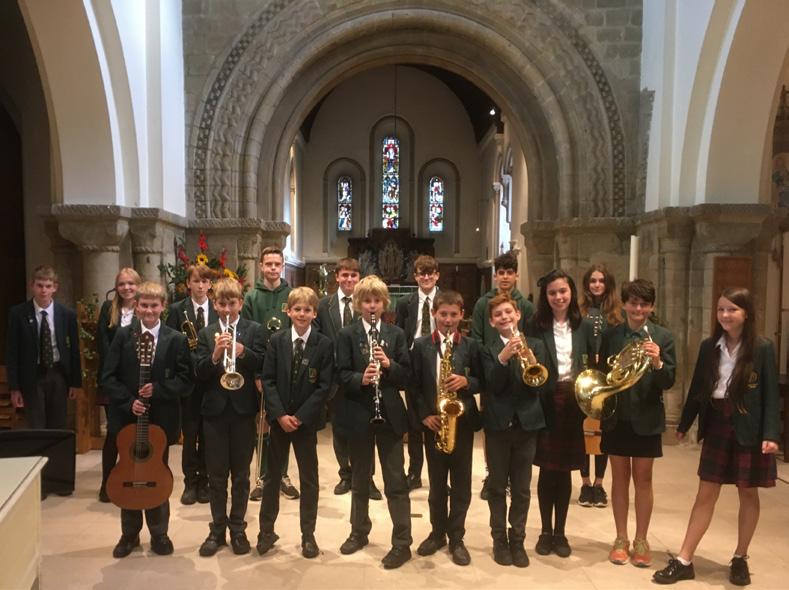
Where ever y child is known and valued
Drama







